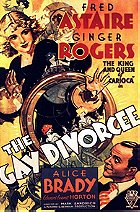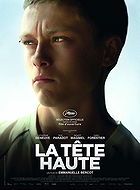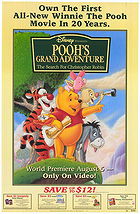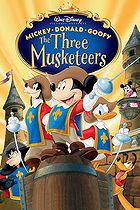Call me a big sentimentalist, but I largely enjoy Fiddler on the Roof. Granted, it does go on far too long and drags in numerous spots, but there’s Topol’s alchemical work where he disappears into the character he’s playing, the memorable songs, and a general elegiac sense of a past being erased, and an uncertain future being shaped. Sure, the clean arithmetic of the plot becomes a contrivance, there’s three daughters and each marries off at a clear narrative point with grander historical import, but I agree that the schmaltz overpowers it at times.
What am I trying to get at then?
Well, Norman Jewison’s film version of the beloved Broadway institution is about as great a film as the material could provide. It helps that Tevye, the narrator of this yarn about the erasure of Anatevka due to a pogrom and his spiritual unease with changing social tides, is so charismatic and engaging a presence. He can spin bullshit or wax poetic with the best of them, and he’s equally charming while doing both. You root for him and invest in his journey.
You couldn’t ask for a better guide, and it’s just a shame that other characters aren’t invested with as much development or understanding as he is. The various husbands for the daughters seem preordained as pairings from their introductions between closeups of dreamy eyes, and nothing much is made of developing the actual relationships. The only one that escapes this is the one between oldest daughter, Tzeitel (Rosalind Harris), and poor tailor Motel (Leonard Frey, Oscar nominated for playing nebbish while singing). Everyone else is bit of a thin sketch. His Wife, His Second Daughter, and so on. While they may have names, they function merely as symbolic pieces moving around to demonstrate the origins of the Jewish diaspora that exists in a post-WWII culture.
But we always circle back to Tevye. Chaim Topol, credited just as Topol here, gives one of the screen’s greatest, fully rounded, and robust performances. Topol must speak through the camera directly to the audience or commiserate with God about his people’s fortunes (or misfortunes, depending). With no one to act against, it’s entirely up to Topol to sell the material, the emotional stakes, and the tone of the thing. He does repeatedly with such consummate ease and skill that it’s hard to imagine that he’s not really Tevye. He doesn’t just sell the fraught emotional devastation of the film’s ending but reveals the conflicted paternal feelings at play through minute fluctuations of body language and carriage. He was rightly nominated for an Oscar that year but lost to Gene Hackman in The French Connection.
It's a bit refreshing to watch a movie musical that’s recognizably earthy and attached to reality. There’s only one fantastical sequence, an alleged supernatural visitation in Tevye’s dream to get his wife on board with Motel and Tzeitel getting married, and it’s clearly artificial in contrast to the lived-in realism of the rest of the movie. But it also best exemplifies the contradictions at play here. Fiddler is at once a polished and smooth production, and capable of eliciting authentic emotional responses while deploying some great songs in the American songbook. You won’t get a better movie out of this material.
 Login
Login
 Home
Home 95 Lists
95 Lists 1531 Reviews
1531 Reviews Collections
Collections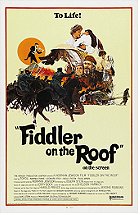
 0 comments,
0 comments, 
